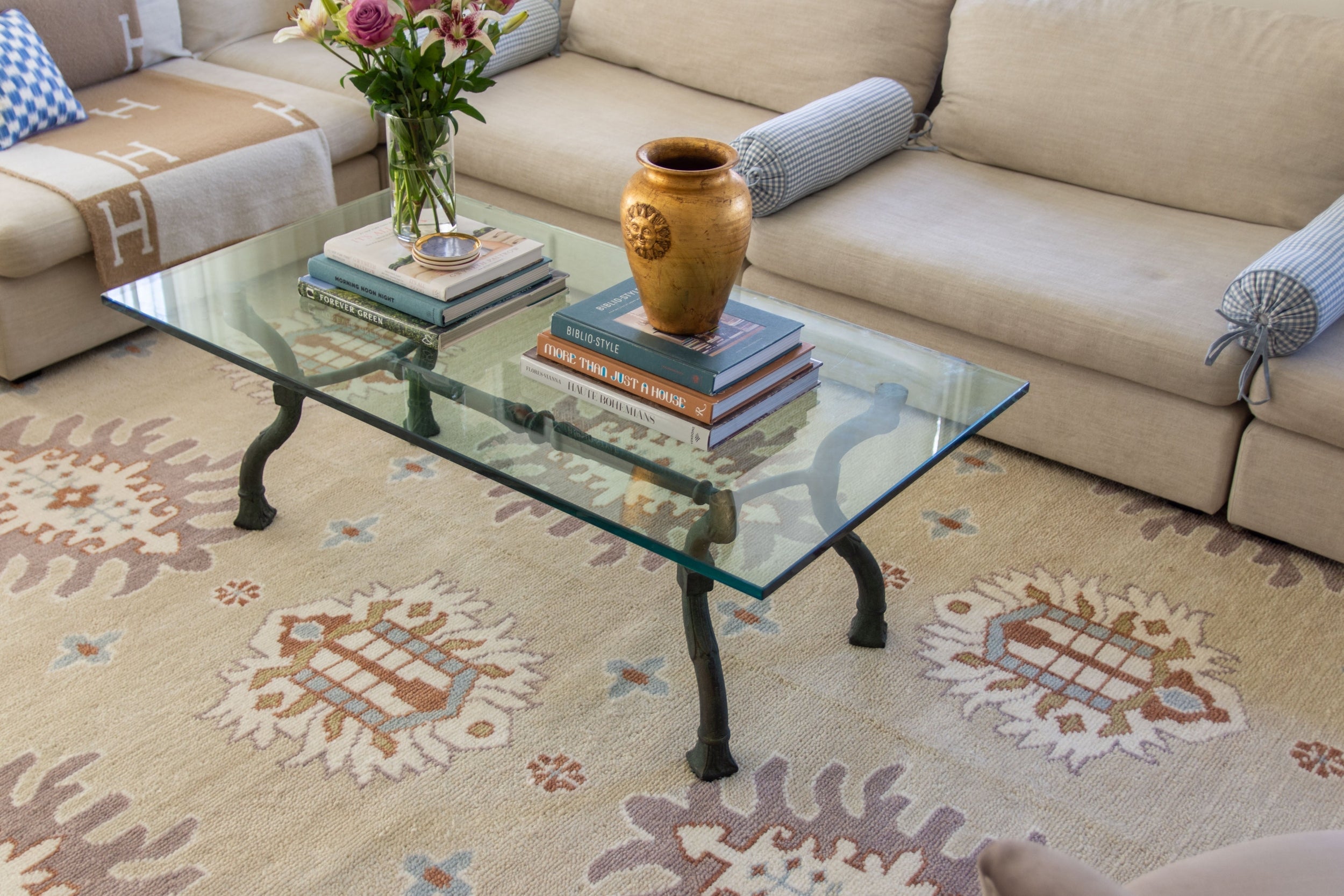6 of the Best Ways to Improve the Air Quality in Your Bedroom
Ensuring the air quality in your bedroom is optimal is crucial for both your physical health and overall well-being. A room with poor air quality can lead to a myriad of health issues, including allergies, respiratory problems, and even disrupted sleep patterns. However, with a few simple strategies and changes to your daily routine, it's entirely possible to significantly improve the air you breathe while you rest. In this guide, we'll explore six effective ways to enhance the air quality in your bedroom, ensuring a healthier and more comfortable environment for relaxation and sleep.
Choose A Location with Less Pollutants
If possible, when shopping for a house, choose one that is not near a busy highway or industrial area. These locations tend to have higher levels of pollutants in the air, which can seep into your home and impact your bedroom's air quality. Similarly, avoid placing your bed near windows facing these areas.
Some cities also have designated "clean air zones," where vehicles and industries are required to meet stricter emission standards. Consider these areas when looking for a home or apartment if you live in a highly polluted city. Research the best places to live with allergies and consider moving to a location with cleaner air if necessary. It may seem like a drastic step, but the long-term benefits to your health are priceless.
Regularly Clean and Vacuum
Keeping your bedroom clean is a fundamental step in improving air quality. Dust, pet dander, and other allergens accumulate on surfaces and in the carpet, negatively affecting the air you breathe. Regular dusting and vacuuming, at least once a week, can significantly reduce these airborne irritants. Use a vacuum equipped with a HEPA filter for best results, as it can capture finer particles more effectively.
In addition to vacuuming, launder your bedding, curtains, and any washable fabrics regularly. Dust mites, a common allergen, thrive in bedding and can be significantly reduced by washing your sheets and pillowcases in hot water weekly. This simple routine not only freshens your space but also contributes to cleaner air.
Maintain Healthy Humidity Levels
Humidity plays a critical role in air quality. Too much humidity can foster the growth of mold and dust mites, while too little can irritate your respiratory system. Aim to keep bedroom humidity levels between 30% and 50%. Use a dehumidifier during damp months to remove excess moisture from the air and an air purifier to control dust particles and allergens.
Implementing houseplants can also naturally help regulate humidity levels. Plants such as peace lilies and snake plants are known for their air-purifying qualities, absorbing pollutants and releasing oxygen. However, be mindful of overwatering, as this can contribute to higher humidity levels.
Use Air-Purifying Plants
Incorporating plants into your bedroom decor not only adds a touch of nature but also improves air quality. Certain plants, like the spider plant, are known for their ability to absorb common household toxins and carbon dioxide, releasing oxygen in return. Include a variety of these natural air purifiers to create a healthier breathing environment.
While plants can significantly contribute to cleaner air, it's important to select the right types. Some plants can be toxic if ingested by pets, so choose pet-friendly options if you have furry friends. Additionally, avoid overwatering to prevent mold growth in the soil, which could negate the air-purifying benefits.
Opt for Natural and Non-Toxic Materials
Selecting furniture and decor made from natural materials can significantly reduce the number of indoor air pollutants in your bedroom. Synthetic materials often emit volatile organic compounds (VOCs), which can deteriorate air quality over time. Choose items made from solid wood, organic cotton, and natural latex, which are less likely to release harmful chemicals.
Similarly, when decorating or renovating, opt for paints and finishes that are low in VOCs. Many brands now offer eco-friendly alternatives that not only contribute to a healthier environment but also ensure your bedroom remains a safe haven free from airborne toxins.
Keep Indoor Air Fresh with Proper Ventilation
Ensuring your bedroom has adequate ventilation is key to maintaining fresh air. Open windows regularly to allow the exchange of indoor air with outdoor air. This natural ventilation can help reduce the concentration of indoor pollutants, providing a fresh and healthy atmosphere.
Consider using an air purifier with a HEPA filter for days when outdoor air quality is poor, or it's impractical to open windows. These devices can effectively remove particles and pollutants from the air, keeping your bedroom environment clean and conducive to good health.
Enhancing the air quality in your bedroom is achievable with a few simple steps and changes to your daily routine. By implementing these strategies, you can create a healthier and more comfortable space for rest and relaxation, promoting overall wellness in both body and mind. With a little effort, you can breathe easy knowing you've taken the necessary steps to improve the air quality in your bedroom.
Browse by Category

Design Projects
Explore interiors from client work and personal renovations — layered, livable, and always in progress.
read more →
Collaborations
From product launches to styled spaces, discover the brand stories I’ve helped bring to life.
read more →
The Notebook
A growing archive of iconic designers, inspiring artists, and unforgettable design moments.
read more →
Travel by Design
Wander with a designer’s eye — from charming hotels and city guides to visual inspiration abroad.
read more →





